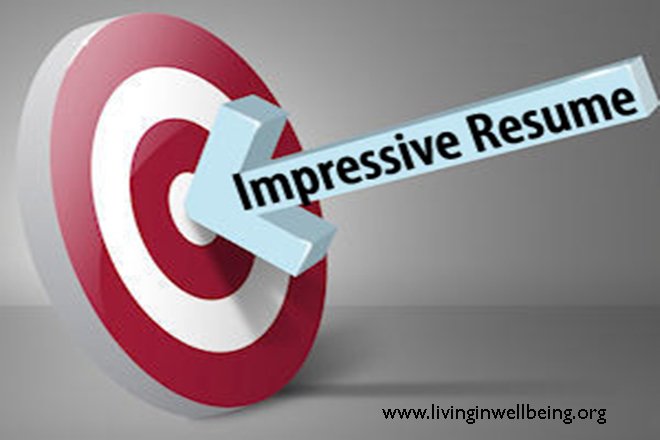
Lots of people apply to psychology doctorate programs because they believe it is the next step in their education and have run out of ideas about what else to pursue as a career. There are many career paths in psychology and going onto get a doctorate degree in psychology is just one of many options. At the doctoral level, you invest a minimum of five years in most psychology graduate programs. You need to be sure that a doctorate degree will get you closer to your ultimate career goal. Contrary to popular belief, it is not a good idea to apply to graduate school if you're not 100% sure that this career path is for you. (And most graduate admissions committees at the doctoral level are screening carefully between lackluster applicants and those who really truly want to go on to earn a doctorate in psychology).
Career Paths in Psychology: Where Your Degree Can Take You
Career Paths in Psychology: Where Your Degree Can Take You was published by the American Psychological Association (APA). The APA offers its seal of approval on nationally accredited graduate programs in psychology. Whether you're currently a college freshman, thinking about majoring in psychology, or already a masters degree student, Career Paths In Psychology is a go-to resource to educate yourself about your career options. You will be walked through 14 different psychology career options - taking you through a "Day in the Life" of each professional to allow a glimpse into the rewards and challenges of each path. (Also realize as you read that each professional has been successful in their chosen career path, so while their perspectives may be slightly biased, it does give you a picture of what your career might be like).
Career Paths In Psychology Is Recommended For...
* Someone who is strongly considering pursuing a doctorate degree in psychology, but isn't 100% clear on which sub field to specialize in or other career options outside of academia.
* If you think that psychology is all about counseling and sitting on the couch to work out your problems, you will learn about other areas of specialization in psychology.
* If you're interested in the average salary range for different careers in psychology, then you will find valuable information here. (Most psychologists don't go into the field to earn 6 figure salaries. Other factors motivate them, such as specializing in an area of interest or making significant contributions to solve social problems).
Who Is This Book Not Recommended For?
* If you're not interested in going the distance to earn a Ph.D., this book may not be for you. There is a strong emphasis on answering the question of "What can I do with a Ph.D. in psychology" and not "What career options do I have with a bachelors in psychology?" or "What kind of career can I expect with a masters degree in psychology?" If you are interested in getting the latter questions answered, there are more suitable books such as Finding Jobs With a Psychology Bachelor's Degree and Great Jobs for Psychology Majors.












